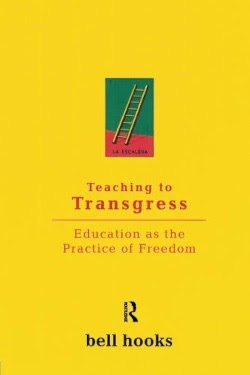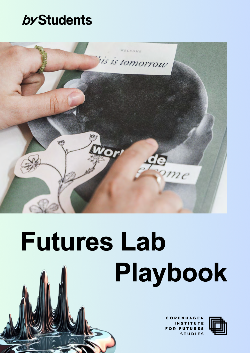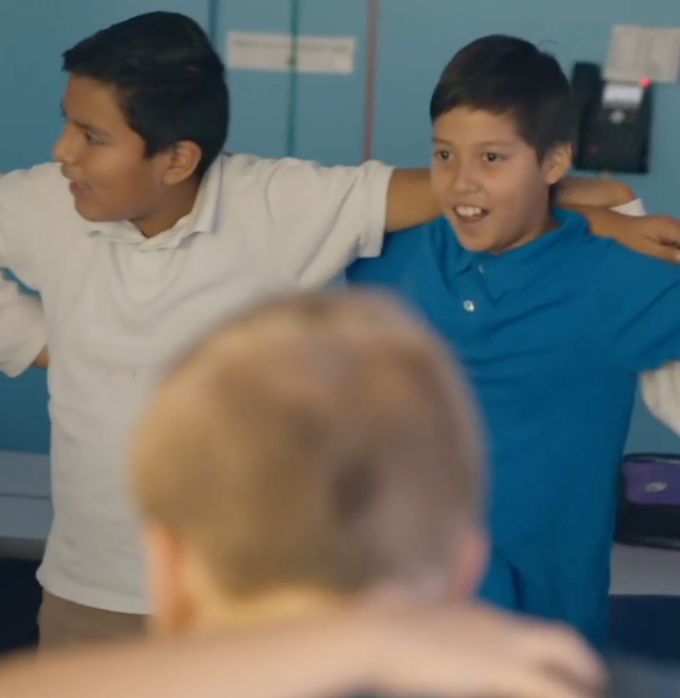July 4, 2025
Teaching
Learning is never neutral.

bell hooks wrote this landmark work in 1994. At that time her message—that education can and should be the practice of freedom itself—was a clarion call. Today it is a lifeline. Learning can awaken critical consciousness, support self-actualization, and help loosen systems of oppression.
The primary thesis of the book is that true learning requires crossing boundaries—transgressing the limits imposed by racism, patriarchy, and class. Learning is never neutral. It either reinforces domination or helps us imagine something freer.
She saw the classroom as a space for shared inquiry, not hierarchy and control. Real learning, she believed, asks educators to be vulnerable, authentic, and self-aware. That kind of openness makes it possible to engage the whole person—mind, body, and spirit.
hooks doesn't frame transgression as destructive, but as transformative. She believed that we should teach love, healing, and spirit as serious subjects, not electives. Real transformation is not institutional window dressing, but deep cultural and relational change. It's slow, risky, and often invisible. The fact that education has only worsened in the 30 years since she wrote this is not a failure of her vision. It’s the result of ignoring it.
She wanted us to live these ideas not only in classrooms, but also in our families, meetings, and communities. Her pedagogy isn’t a method to follow, it’s a way of being. While it seems that we’re just getting started, at least we have a guide.
“Multiculturalism compels educators to recognize the narrow boundaries that have shaped the way knowledge is shared in the classroom. It forces us all to recognize our complicity in accepting and perpetuating biases of any kind.”
“They (students) accept the shift in the locus of representation but resist shifting ways they think about ideas. That is threatening. That’s why the critique of multiculturalism seeks to shut the classroom down again— to halt this revolution in how we know what we know. It’s as though many people know that the focus on difference has the potential to revolutionize the classroom and they do not want the revolution to take place.”
BOOK: Teaching to Transgress




